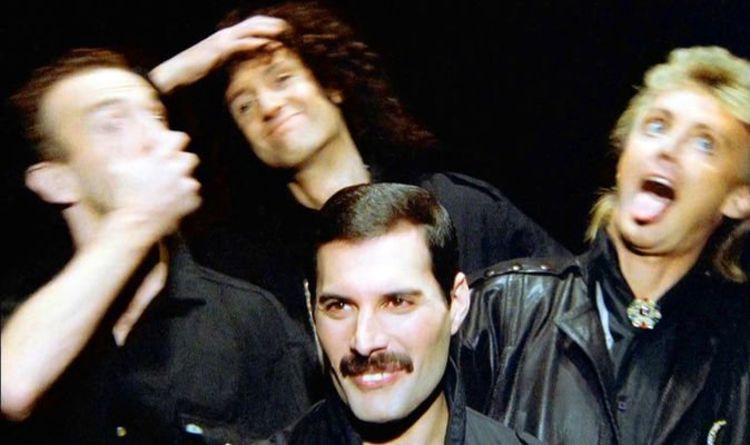
Rediscover the Power of Unity: “One Vision” by Queen (1985)
Queen, one of the most iconic and influential rock bands in music history, has always possessed the remarkable ability to craft songs that transcend the era in which they were composed. Among such works, “One Vision”, released in 1985, stands out as a compelling anthem forged in the spirit of hope, ambition, and collective unity. With its electrifying instrumentation, commanding vocals, and powerful message, the song represents not just another successful entry in Queen’s canon, but also a vivid reflection of the world’s yearning for harmony during a time of deep geopolitical uncertainty.
Originally inspired by the life and legacy of Dr. Martin Luther King Jr., “One Vision” is more than a rock composition — it is a call for shared dreams, mutual understanding, and a better future built through combined effort. The track was birthed in the wake of Queen’s triumphant performance at Live Aid earlier that year — an event that reinforced the group’s relevance in the mid-80s and galvanized their collective creativity. The synergy felt on that stage manifested in the creation of “One Vision,” a song that was constructed as a collaborative endeavor among all four members of Queen — a rarity in their repertoire.
The music itself is quintessential Queen. It opens with a thundering synthesizer swell, swiftly giving way to Brian May’s signature guitar riffs and Roger Taylor’s urgent percussion. Freddie Mercury‘s dynamic vocal performance takes center stage, presenting each verse with a mixture of fervor and clarity, while John Deacon‘s bassline anchors the entire composition with measured confidence. The result is a soundscape that is intense yet considered, aggressive yet sincere — perfectly suited for the lyrics that follow.
Lyrically, the song strikes a delicate balance between aspiration and realism. Its words espouse ideals of togetherness and courage in the face of adversity. Repeated refrains of “one vision” reinforce the concept of singular purpose and unified dreams, serving both as a mantra and mission statement. This is not merely political rhetoric set to music but rather a profound expression of the human desire to unite around common goals, a theme that stands the test of time and resonates even more in today’s fragmented world.
Technically, the song exemplifies Queen’s embrace of new studio techniques in the mid-1980s. With the increasing use of electronic synthesizers, multi-track layering, and digital mixing, “One Vision” represents a blend of traditional rock elements and modern sonic experimentation. It captures a band not resting on its laurels but pushing its artistic boundaries, building upon a sound that had already revolutionized rock music throughout the 1970s and early 1980s.
For listeners approaching the song anew or those returning after decades, “One Vision” serves as a resounding reminder of Queen’s brilliance—not only as musicians but as commentators of the human condition. It remains a standout entry in their discography for its message, musicality, and mighty execution. As with many of Queen’s greatest works, its greatness lies in its multilayered appeal — accessible, yet profound.
Whether you are drawn to the song’s stirring guitar solos, captivated by Mercury’s inimitable delivery, or inspired by its underlying message, “One Vision” earns its place as a lasting emblem of artistic and human unity. It is, truly, a vision worth sharing.